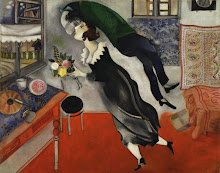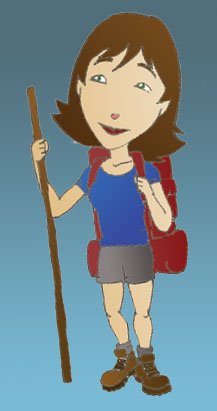
Money is tight for almost everyone right now, and considering the health care crisis, it can be especially tight for patients with chronic illness. Here are some more financial tips. I'm sure as readers you have lots of ideas on how to save money. Feel free to comment with added financial advice! I'm always interested in learning more ways to save money!
1. Whenever you go shopping always bring a list and stick to the list. I am the worst at this. I can't go to Walmart or Target without a list, otherwise I will leave with things that I think I need because I pass them as I'm shopping. Make a Christmas list, budget ahead of time, and stick to the list.
2. I've given my email address to the stores where I often do my Christmas shopping during the holidays. I've already received a lot of emails from them with promotional codes for free shipping or discount coupons that I can print and use in the store. If you don't want your email inbox full of ads, create another email account that you use only for stores and companies you're interested in receiving coupons from. Kohl's has a promotion right now, if you give them your email address, they will send you a $5 coupon. My husband and I each did this to save $10 on our Christmas shopping.
3. You can also google the name of a store along with 'promotional code' or 'coupon' to find additional offers.
4. Google also has a feature where you can type in the name of an item as well as 'price' and it will give you the stores with the lowest prices on that item. Or you can text google from your phone and they will text you back the stores with the lowest prices on a particular item.
5. If you are able to pay off your credit card in full, 100% every month, you can get a card with rewards points and use them for Christmas shopping or winter clothes shopping. We put medical bills and gas purchases on our credit card and use cash for all our other purchases. We pay our card off every month and never carry a balance. We use our rewards points for gift cards to stores like Old Navy, Gap, and TJ Maxx. New clothing usually isn't an added expense for us; we get it for free using our rewards points. We've never payed any fees to our credit card company, so basically they're paying us to use their card.
6. Since I'm back to my normal weight I can't fit in my winter clothes from last year. I've taken a lot of my summer shirts and layered long sleeve tees under them so I don't have to buy too many new winter sweaters.
7. If you have medical bills but money is tight right now here is a tip: Make sure they aren't gaining any interest. If so, make a token payment of a few dollars for the months of November, December, and January. It is better to make a small payment rather than no payment at all. If you are making small monthly payments they won't send your account to collections.
8.You can turn your water heater down. That way you'll use less hot water on a daily basis and your bill will be a lot lower.
1. Whenever you go shopping always bring a list and stick to the list. I am the worst at this. I can't go to Walmart or Target without a list, otherwise I will leave with things that I think I need because I pass them as I'm shopping. Make a Christmas list, budget ahead of time, and stick to the list.
2. I've given my email address to the stores where I often do my Christmas shopping during the holidays. I've already received a lot of emails from them with promotional codes for free shipping or discount coupons that I can print and use in the store. If you don't want your email inbox full of ads, create another email account that you use only for stores and companies you're interested in receiving coupons from. Kohl's has a promotion right now, if you give them your email address, they will send you a $5 coupon. My husband and I each did this to save $10 on our Christmas shopping.
3. You can also google the name of a store along with 'promotional code' or 'coupon' to find additional offers.
4. Google also has a feature where you can type in the name of an item as well as 'price' and it will give you the stores with the lowest prices on that item. Or you can text google from your phone and they will text you back the stores with the lowest prices on a particular item.
5. If you are able to pay off your credit card in full, 100% every month, you can get a card with rewards points and use them for Christmas shopping or winter clothes shopping. We put medical bills and gas purchases on our credit card and use cash for all our other purchases. We pay our card off every month and never carry a balance. We use our rewards points for gift cards to stores like Old Navy, Gap, and TJ Maxx. New clothing usually isn't an added expense for us; we get it for free using our rewards points. We've never payed any fees to our credit card company, so basically they're paying us to use their card.
6. Since I'm back to my normal weight I can't fit in my winter clothes from last year. I've taken a lot of my summer shirts and layered long sleeve tees under them so I don't have to buy too many new winter sweaters.
7. If you have medical bills but money is tight right now here is a tip: Make sure they aren't gaining any interest. If so, make a token payment of a few dollars for the months of November, December, and January. It is better to make a small payment rather than no payment at all. If you are making small monthly payments they won't send your account to collections.
8.You can turn your water heater down. That way you'll use less hot water on a daily basis and your bill will be a lot lower.







